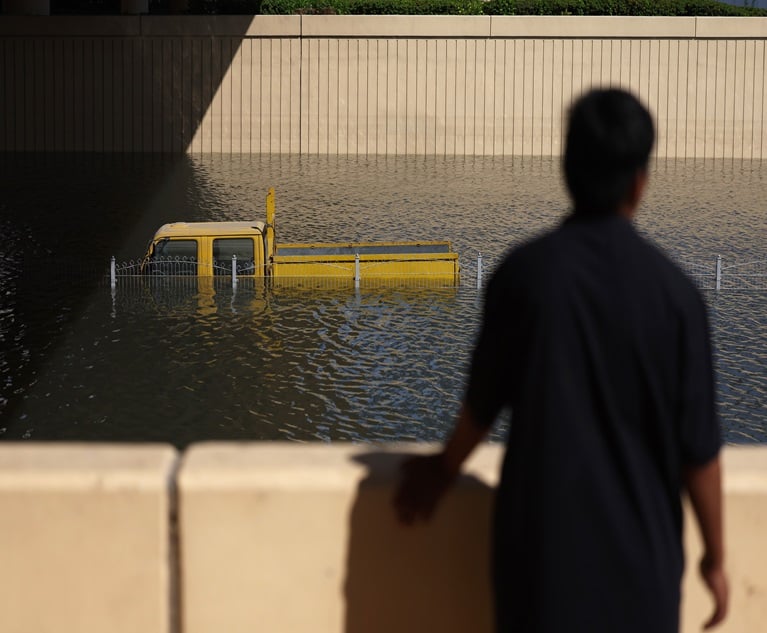(Bloomberg) -- Toyota Motor Corp. is spending $1 billion to forma research institute focused on the artificial intelligence androbotics technology it needs to make cars that can overcome drivererrors and reduce traffic fatalities.
|Toyota Research Institute Inc. will pitch in on the safetysystems the automaker is developing to curtail car accidents thatkill 1.25 million people per year worldwide. The company will alsowork toward making it easier for elderly drivers to hang onto theirkeys in aging countries including Japan and the U.S., Toyota’sbiggest markets.
|Newly-formed R&D unit
|Getting an edge in this research would set Toyota apart from itsJapanese peers, which have been pursuing fully autonomous carsunder more conservative time frames than Google Inc. or TeslaMotors Inc. With Toyota President and racing enthusiast Akio Toyodaby his side, the newly-formed R&D unit’s chief executive saidcompeting to put autonomous cars on the road will be an endurancecontest, rather than a sprint.
|“It’s possible at the beginning of a car race that you may notbe in the best position,” said Gill Pratt, CEO of the institute andToyota’s executive technical adviser. “It may be that other driversare saying a whole lot about what their position is, and everyonemay expect that a particular car will win. But of course, if therace is very long, who knows who will win? We’re going to workextremely hard.”
|Operations start in January 2016
|Toyota Research Institute will start operations in January, andthe Japanese carmaker’s five-year initial investment will go towardsetting up locations near Stanford University and the MassachusettsInstitute of Technology. Pratt, 54, will oversee about 200employees.
|The son of an assembly line worker who installed tires on Fordmodels in Edison, New Jersey, Pratt joined Toyota after havingserving as the U.S. military’s top robotics engineer. The formerprogram manager for the Defense Advanced Research Projects Agency’srobotics efforts joined Toyota in September.
|Toyota last month offered reporters test drives in a “highwayteammate” concept car, a modified Lexus GS sedan that can enterpublic expressways, switch lanes and steer to the off ramp, allwhile picking spots to speed up or slow down based on thesurrounding traffic. The company said it aims to introduce similarcars with automated highway driving by around 2020.
|Google has put in more than 1.2 million miles with its testvehicles using software to drive themselves, and has estimated itcould have a fully autonomous car ready for public roads by about2020. Tesla has beamed Autopilot features into about 40,000 of itsModel S sedans that enable the cars to self-steer on thehighway.
|Japanese showcase for 2020 Olympics
|The 2020 time frame has particular resonance for Japanesecarmakers, as the companies want to showcase their progress towardself-driving in conjunction with Tokyo hosting the Olympics thesame year.
|“I used to say in the past that in a 24-hour race, if theautomated vehicle beats our human-driven vehicles, I will embraceautomated driving,” said Toyoda, 59, adding that his views havechanged. “One hundred years ago, horses were replaced byautomobiles because people found automobiles to be more fun thanhorses. One hundred years from now, I would like vehicles to remainloved by people.”
|Copyright 2018 Bloomberg. All rightsreserved. This material may not be published, broadcast, rewritten,or redistributed.
Want to continue reading?
Become a Free PropertyCasualty360 Digital Reader
Your access to unlimited PropertyCasualty360 content isn’t changing.
Once you are an ALM digital member, you’ll receive:
- All PropertyCasualty360.com news coverage, best practices, and in-depth analysis.
- Educational webcasts, resources from industry leaders, and informative newsletters.
- Other award-winning websites including BenefitsPRO.com and ThinkAdvisor.com.
Already have an account? Sign In
© 2024 ALM Global, LLC, All Rights Reserved. Request academic re-use from www.copyright.com. All other uses, submit a request to [email protected]. For more information visit Asset & Logo Licensing.








